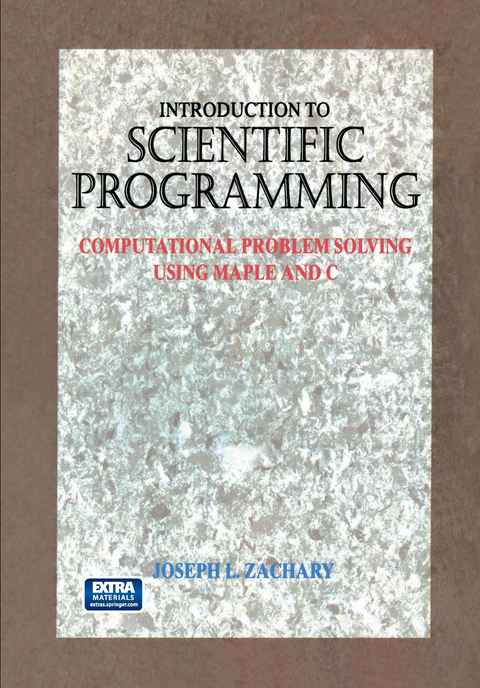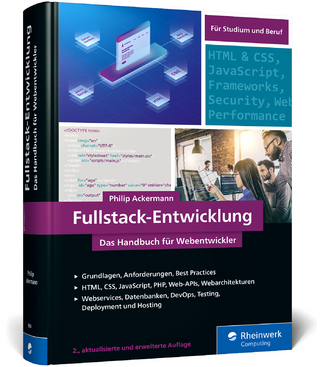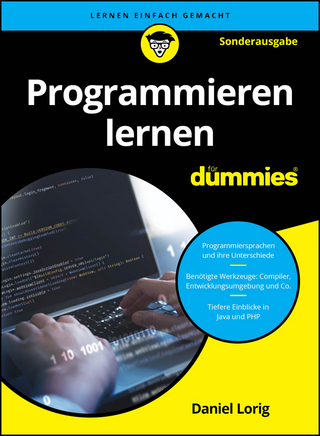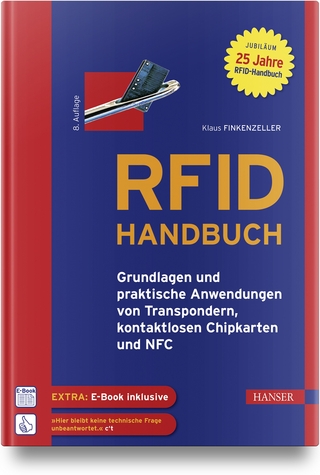
Introduction to Scientific Programming
Springer-Verlag New York Inc.
978-0-387-94630-6 (ISBN)
1 Computational Science.- 1.1 Experiment, Theory, and Computation.- 1.2 Solving Computational Problems.- 1.3 Onward.- 2 Population Density: Computational Properties of Numbers.- 2.1 Model.- 2.2 Method.- 2.3 Implementation.- 2.4 Arithmetic Expressions.- 2.5 Rational Numbers in Maple.- 2.6 Rational Number Errors.- 2.7 Floating-Point Numbers in Maple.- 2.8 Floating-Point Number Errors.- 2.9 Assessment.- 2.10 Key Concepts.- 2.11 Exercises.- 3 Eratosthenes: Significant Digits and Interval Arithmetic.- 3.1 Model.- 3.2 Method.- 3.3 Implementation.- 3.4 Implementation Assessment.- 3.5 Method Assessment.- 3.6 Model Assessment.- 3.7 Problem Assessment.- 3.8 Key Concepts.- 3.9 Exercises.- 4 Stairway to Heaven: Accumulation of Roundoff Error.- 4.1 An Inductive Model.- 4.2 Summing the Harmonic Series.- 4.3 Comparing Rational and Floating-Point Arithmetic.- 4.4 Assessment.- 4.5 Key Concepts.- 4.6 Exercises.- 5 Kitty Hawk: Programmer-Defined Functions.- 5.1 Model.- 5.2 Method.- 5.3 Implementation.- 5.4 Assessment.- 5.5 Key Concepts.- 5.6 Exercises.- 6 Baby Boom: Symbolic Computation.- 6.1 Simple Interest.- 6.2 Compound Interest.- 6.3 Continuous Interest.- 6.4 Assessment.- 6.5 Key Concepts.- 6.6 Exercises.- 7 Ballistic Trajectories: Scientific Visualization.- 7.1 Ballistic Motion.- 7.2 Scientific Visualization.- 7.3 Motion Functions.- 7.4 Two-Dimensional Plots.- 7.5 Multiple-Curve Plots.- 7.6 Parametric Plots.- 7.7 Animation.- 7.8 Key Concepts.- 7.9 Exercises.- 8 The Battle for Leyte Gulf: Symbolic Mathematics.- 8.1 Fixed Trajectory.- 8.2 Arbitrary Trajectories.- 8.3 Effects of Drag.- 8.4 Piecewise Trajectories.- 8.5 Final Assessment.- 8.6 Key Concepts.- 8.7 Exercises.- 9 Old Macdonald’s Cow: Procedural Programming.- 9.1 Solving Equations in Maple.- 9.2 Bisection Method.- 9.3 ABisection Procedure.- 9.4 Assessment.- 9.5 Key Concepts.- 9.6 Exercises.- 10 Introduction to C.- 10.1 Maple Background.- 10.2 C Background.- 10.3 An Example C Program.- 10.4 Interpreters versus Compilers.- 10.5 Differences Between Maple and C.- 10.6 Learning C.- 10.7 Eratosthenes’s Problem.- 10.8 Kitty Hawk Problem.- 10.9 Key Concepts.- 10.10 Exercises.- 11 Robotic Weightlifting: Straight-Line Programs.- 11.1 Trigonometry of a Link Diagram.- 11.2 Components of a Straight-Line Program.- 11.3 Types.- 11.4 Expressions.- 11.5 Simple Statements.- 11.6 Main Function.- 11.7 Libraries.- 11.8 Assessment.- 11.9 Key Concepts.- 11.10 Exercises.- 12 Sliding Blocks: Conditionals and Functions.- 12.1 A Infinite Ramp without Friction.- 12.2 An Infinite Ramp with Friction.- 12.3 A Finite Ramp with Friction.- 12.4 Programmer-Defined Functions.- 12.5 Assessment.- 12.6 Key Concepts.- 12.7 Exercises.- 13 Rod Stacking: Designing with Functions.- 13.1 Decomposing the problem.- 13.2 Design.- 13.3 Implementation.- 13.4 Assessment.- 13.5 Key Concepts.- 13.6 Exercises.- 14 Newton’s Beam: Repetition.- 14.1 Newton’s Method.- 14.2 Implementation of Newton’s Method.- 14.3 Bisection Method Implementation.- 14.4 Assessment.- 14.5 Key Concepts.- 14.6 Exercises.- 15 Numerical Integration: Multiple-File Programs.- 15.1 Numerical Integration.- 15.2 Rectangular Method.- 15.3 Rectangular Method Implementation.- 15.4 Trapezoidal Method.- 15.5 Trapezoidal Method Implementation.- 15.6 Multiple-File Programs.- 15.7 Comparison of Rectangular and Trapezoidal Methods.- 15.8 Key Concepts.- 15.9 Exercises.- 16 Harmonic Oscillation: Structures and Abstract Datatypes.- 16.1 Newton’s Method with Complex Roots.- 16.2 Rod Stacking Revisited.- 16.3 Newton’s Method Revisited.- 16.4 Assessment.- 16.5 KeyConcepts.- 16.6 Exercises.- 17 Heat Transfer in a Rod: Arrays.- 17.1 Modeling Heat Flow.- 17.2 A Finite-Element Method.- 17.3 Implementation.- 17.4 Assessment.- 17.5 Key Concepts.- 17.6 Exercises.- 18 Visualizing Heat Transfer: Arrays as Parameters.- 18.1 Arrays as Parameters.- 18.2 File Input.- 18.3 File Output.- 18.4 Assessment.- 18.5 Key Concepts.- 18.6 Exercises.- A Maple Functions and Constants.- B C Library Functions.
"The shrewd choice of problems, the pace at which these problems are described and solved, and the careful use of language, all result in a text that would be of great use to a beginner." Scientific Computing World
| Reihe/Serie | Introduction to Scientific Programming | TELOS, The Electronic Library of Science |
|---|---|
| Zusatzinfo | 141 Illustrations, black and white; XXIV, 380 p. 141 illus. |
| Verlagsort | New York, NY |
| Sprache | englisch |
| Maße | 170 x 244 mm |
| Themenwelt | Mathematik / Informatik ► Informatik ► Programmiersprachen / -werkzeuge |
| ISBN-10 | 0-387-94630-6 / 0387946306 |
| ISBN-13 | 978-0-387-94630-6 / 9780387946306 |
| Zustand | Neuware |
| Informationen gemäß Produktsicherheitsverordnung (GPSR) | |
| Haben Sie eine Frage zum Produkt? |
aus dem Bereich


